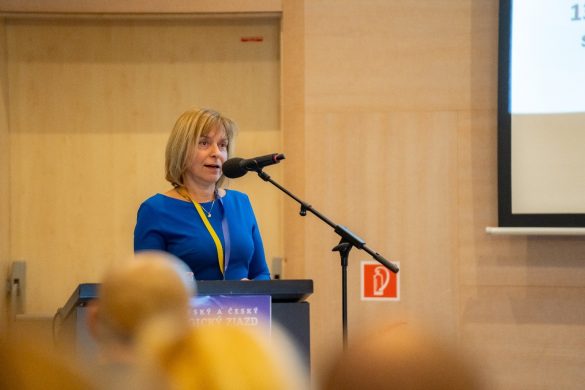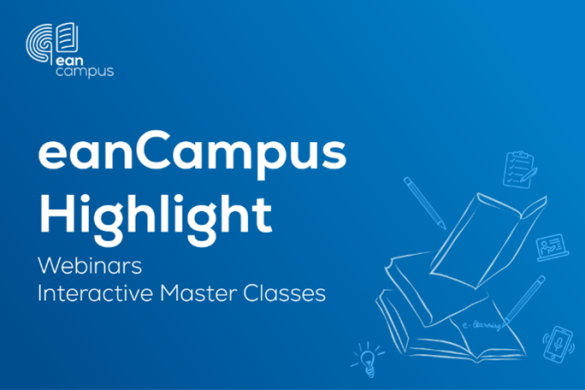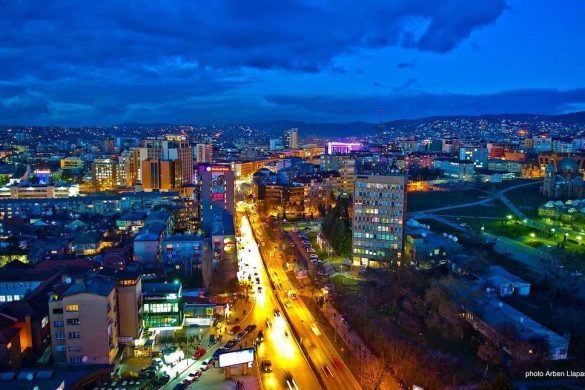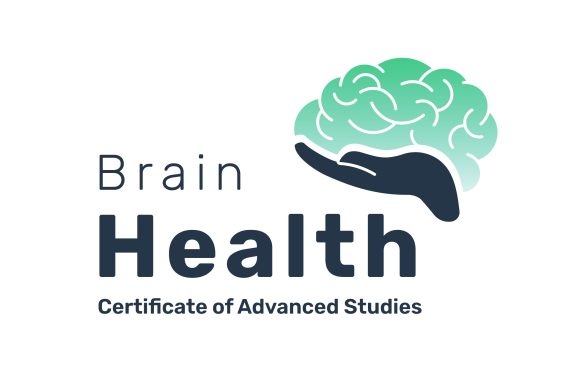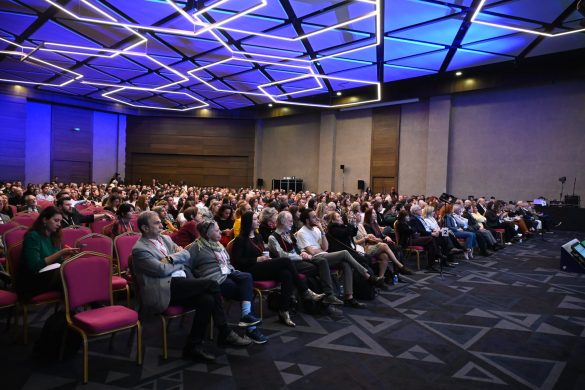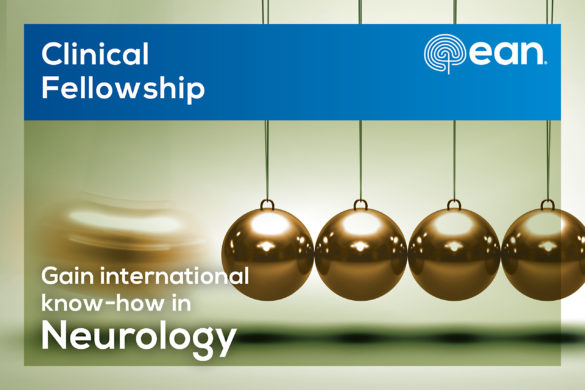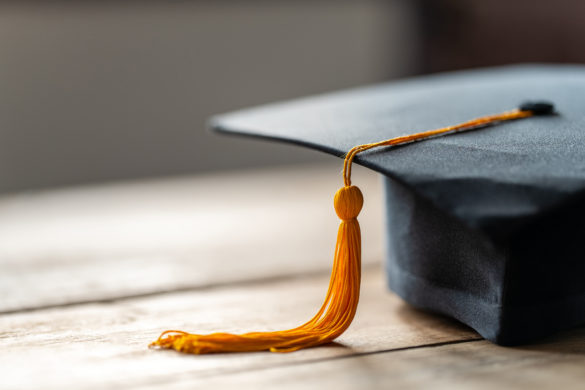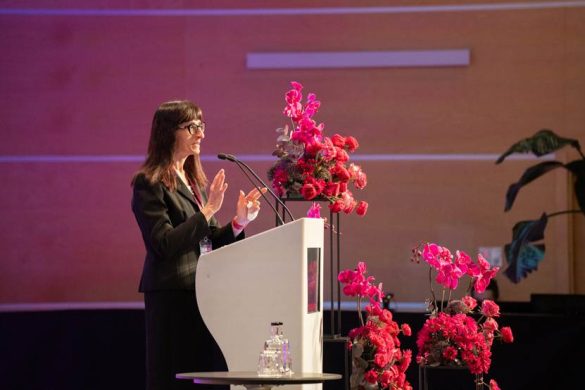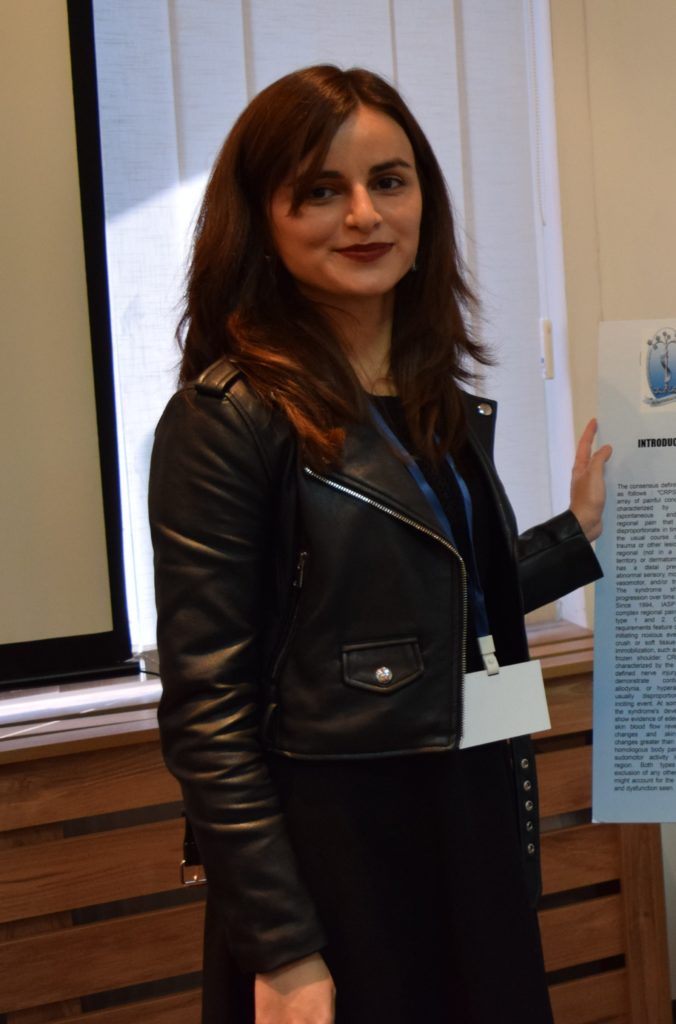
Nini Buishvili, Tbilisi, Georgia
Term of the Fellowship: 23.8. – 2.10.2021
Hosting department: Department of Neurology, Evangelical Hospital Unna, Unna, Germany
Supervisor: Prof. Zaza Katsarava
First of all, I want to thank to the EAN Board for letting me spend six amazing and very interesting weeks on this Clinical Fellowship at the neurology department of the Evangelical Hospital in Unna, Germany, where I was welcomed by professor Zaza Katsarava.
I am Nino Buishvili, a young neurologist from Georgia. I graduated from Tbilisi State Medical University in 2016, thereafter I received residency training in neurology at 1st University Clinic of Tbilisi. Since graduation in 2020 I have been actively involved in clinical practice, working in one of the biggest hospitals of Georgia, Caucasus Medical Center.
In 2020 I applied for the EAN clinical fellowship grant, which, to my great pleasure, I was able to win. The initial plan was to spend my fellowship at St. Anne’s University Hospital in Brno, under the supervision of professor Irena Rektorova, which unfortunately did not happen because of the pandemic and its related restrictions. In this letter I want to thank her again for all of her support, as much as I would like to thank the EAN for letting me change my host department to professor Katsarava, who kindly accepted my request.
The Evangelical Hospital in Unna is a multi-profile hospital, with a 75 bed inpatient neurology department. It unites a stroke unit, a pain unit, and units for epilepsy and geriatric medicine. I really found myself lucky to be a member of its great, professional and very supportive team. The main daily activities I participated in included attendance of the morning meeting of the department of neurology and clinical rounds on the patients in the unit, during which we would discuss complicated cases of patients. In addition to that, I was lucky to attend inpatient visits of prof. Katsarava and Dr. Veit. Being a part of these activities strongly influenced my experiences in the fields of chronic headache and multiple sclerosis. Moreover, I had several chances to attend local conferences, which was a great source of the latest and most relevant information.
One of the biggest benefits besides the medical knowledge I gained there was actually my proficiency of German. I have been studying this language for several months already and being in a German-speaking environment was a huge help. It was really difficult in the beginning, but everyone was very helpful and they never hesitated to translate things I could not understand in German into English.
I would like to mention a couple of words about living expenses in Germany. The sum that was provided to us was quite enough for me, since I was living in a small town and I did not have to spend much on transportation, and the accommodation cost was relatively low. Nonetheless, I highly doubt that same amount would be enough for someone living in a bigger city and they would have to live on budget.
In summary, I think that my visit was very helpful in many ways. In addition to implementing the knowledge I received there into my clinical practice, after being back in my country, I already started to get occupied with EMG studies, to make my knowledge of this field deeper (unfortunately, clinical neurophysiology is not an official part of the residency programme in Georgia). Also, I hope I will have the opportunity to cooperate with professor Katsarava and his team in the future, as he kindly promised.
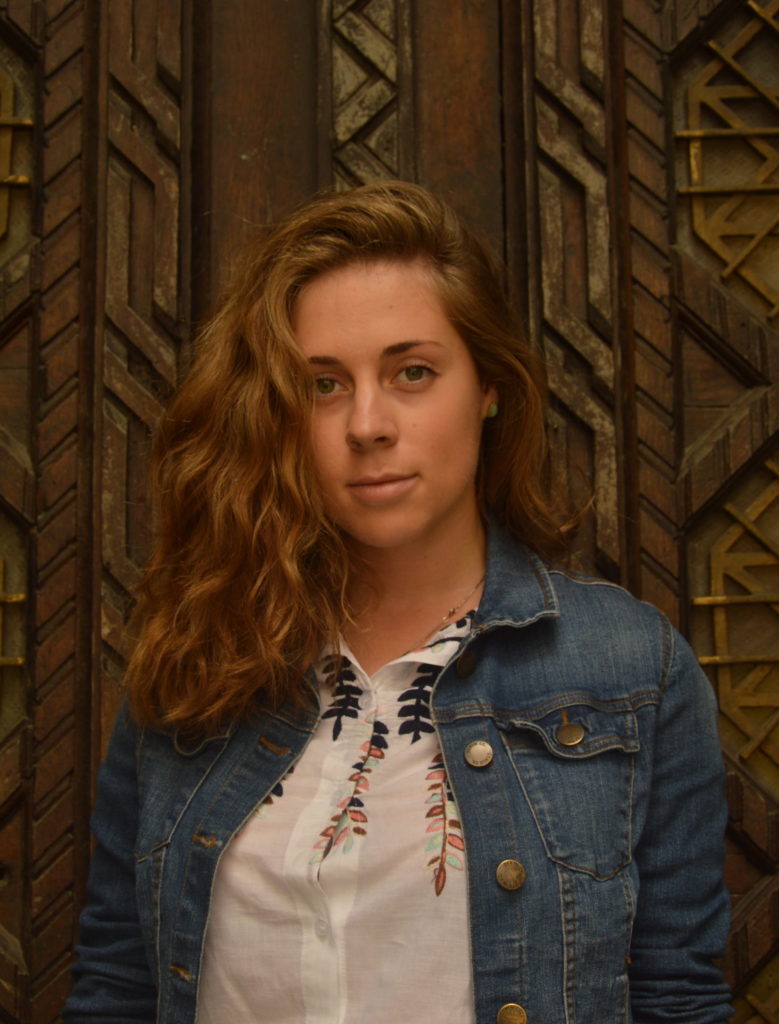
Olha Bordizhenko, Ukraine
Term of the Fellowship: 1.11.-26.11.2021
Hosting department: Department of Neurology, Universitätsklinikum Carl Gustav Carus an der Technischen Universität
Supervisor: Prof. Heinz Reichmann, MD, FEAN
I undertook an EAN Clinical Fellowship from 1-26 November, 2021 at the Neurology Department of the University Clinic in Dresden under the supervision of Prof. Dr. med. Heinz Reichmann.
I watched and examined the patients in the department on the rounds, took blood and inserted peripheral catheters. In the department I saw many complicated patients (advanced Parkinson’s patients for Parkinson-complex therapy, paraneoplastic syndromes, Creutzfeldt-Jakob disease, brain abscess, patients after stroke and spinal bleeding, spinal muscle atrophy, primary lateral sclerosis). I learned how to treat spinal muscular atrophy and how patients can be suspected of having Creutzfeldt-Jakob disease. I learned how to do a Botox-Probe for patients with spastic walking disorders.
I saw how complex patients with Parkinson’s are treated, how you can avoid side effects during therapy, what to look for when treating with certain drugs (for example, dopamine agonists – hallucinations, compulsive behaviors, leg swelling and excessive daytime sleepiness) and treat them accordingly (for example Amantadine for daytime sleepiness or dyskinesien). Besides, I was in the outpatient clinic for patients with extrapyramidal disorders and was able to observe how the therapy was optimised. I saw many patients after deep brain stimulation due to essential tremor or Parkinson’s disease, and have seen how, with the help of a computer, a doctor can adjust the frequency of the current and improve the symptoms, although side effects may increase (for example dysarthria). I learned about new scientific research in this area and what new drugs are being developed.
Aside from extrapyramidal disorders I have seen patients in the outpatient clinic for muscle diseases, myasthenia, sleep disorders, ALS, and in the Botox outpatient clinic. I have seen such rare diseases as Wilson disease, oculopharyngeal muscular dystrophy, narcolepsy, Lambert-Eaton-Syndrome and learned the latest therapy options.
I am very thankful to all the doctors in the department for comprehensive answers and explanations and the ability to learn and see so much.




